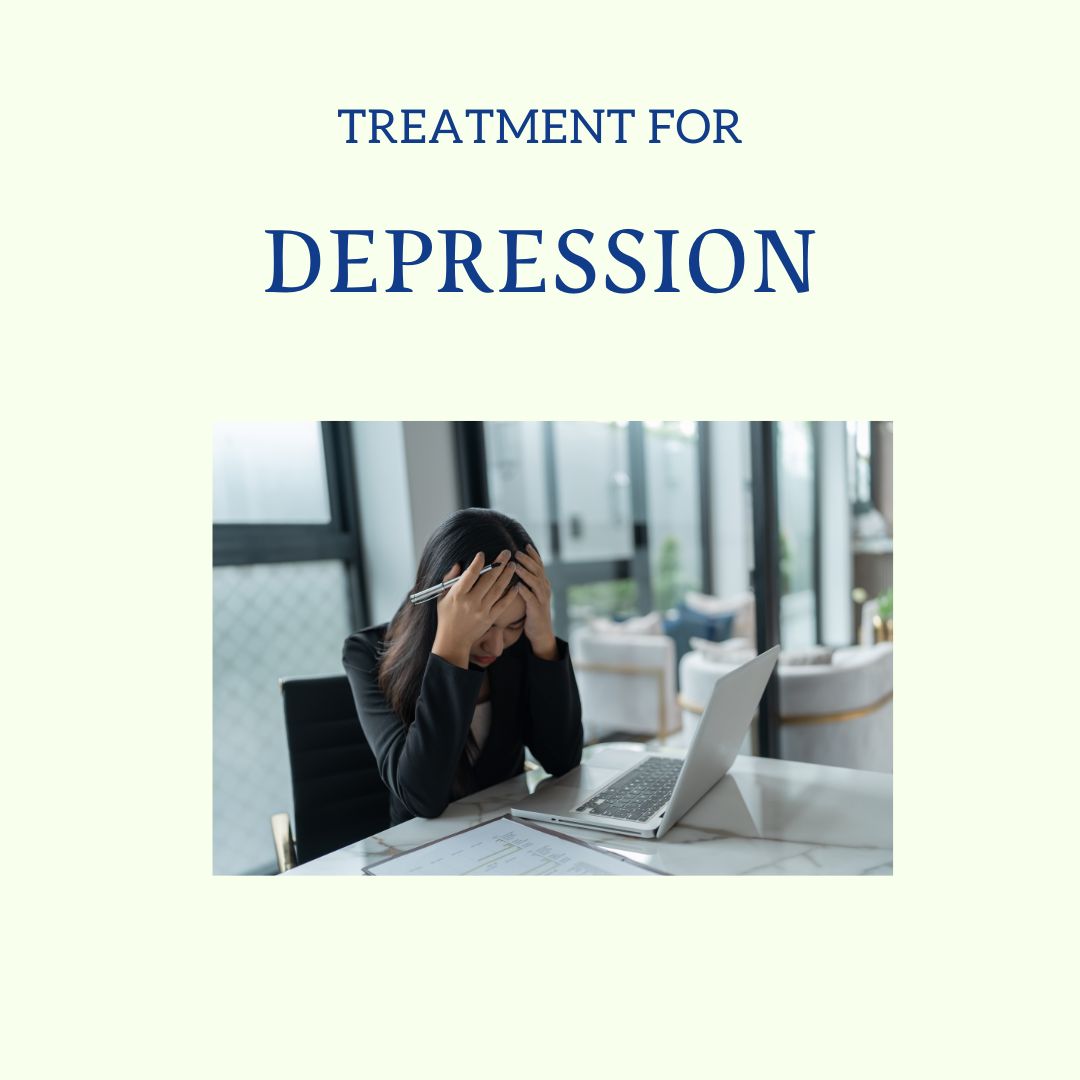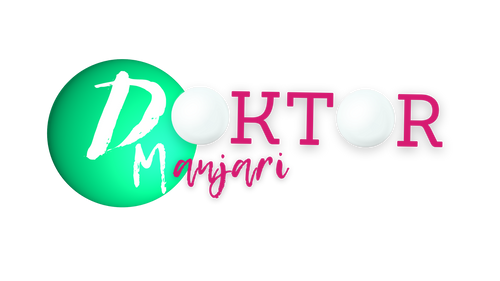Doktor Manjari
Depression
Depression
Couldn't load pickup availability
Depression – Homeopathic Treatment
Depression is a serious mental health disorder that affects how a person thinks, feels, and behaves. It can interfere with daily activities, relationships, productivity, and overall quality of life. Early assessment and long-term support are essential to managing symptoms and preventing complications.
Recommended Treatment Duration: 1–3 Years
Duration varies depending on severity, duration of symptoms, emotional triggers, co-existing conditions, and patient history.
Causes of Depression
The exact cause is unknown, but several factors contribute to the development of depression:
- Medical conditions: Chronic pain, heart disease, cancer, hormonal imbalance.
- Genetics: Family history increases risk.
- Brain chemistry: Imbalances in neurotransmitters like serotonin & dopamine.
- Stress & life events: Trauma, loss, or long-term stress can trigger depression.
Types of Depression
1. Major Depressive Disorder (Clinical Depression)
Persistent sadness, loss of interest, and an inability to perform daily activities.
2. Persistent Depressive Disorder (Dysthymia)
Long-term symptoms lasting 2 years or more, often milder but chronic.
3. Seasonal Affective Disorder (SAD)
Depression triggered by seasonal changes, typically during winter.
4. Bipolar Disorder
Alternating phases of depression and mania (elevated energy/mood).
5. Postpartum Depression
Affects women after childbirth due to hormonal changes and emotional stress.
Symptoms of Depression
- Persistent sadness, hopelessness, or emptiness
- Loss of interest in daily activities
- Changes in appetite or weight
- Disturbed sleep (insomnia or oversleeping)
- Fatigue or loss of energy
- Difficulty concentrating or making decisions
- Feelings of worthlessness or guilt
- Thoughts of self-harm or suicide
Complications
- Declining work or academic performance
- Relationship conflicts
- Substance abuse or addiction
- Social withdrawal and isolation
- Suicidal thoughts or attempts
Treatment Approach
Depression is treatable with a combination of therapeutic approaches:
- Prescription of Homeopathic medications tailored to emotional & physical symptoms
- Psychotherapy (Counseling): Cognitive Behavioral Therapy (CBT), talk therapy, emotional support
- Lifestyle changes: Regular exercise, a balanced diet, and healthy sleep routines
- Relaxation techniques: Breathing exercises, meditation, mindfulness
- Identifying and managing triggers or stressful life events
Share


